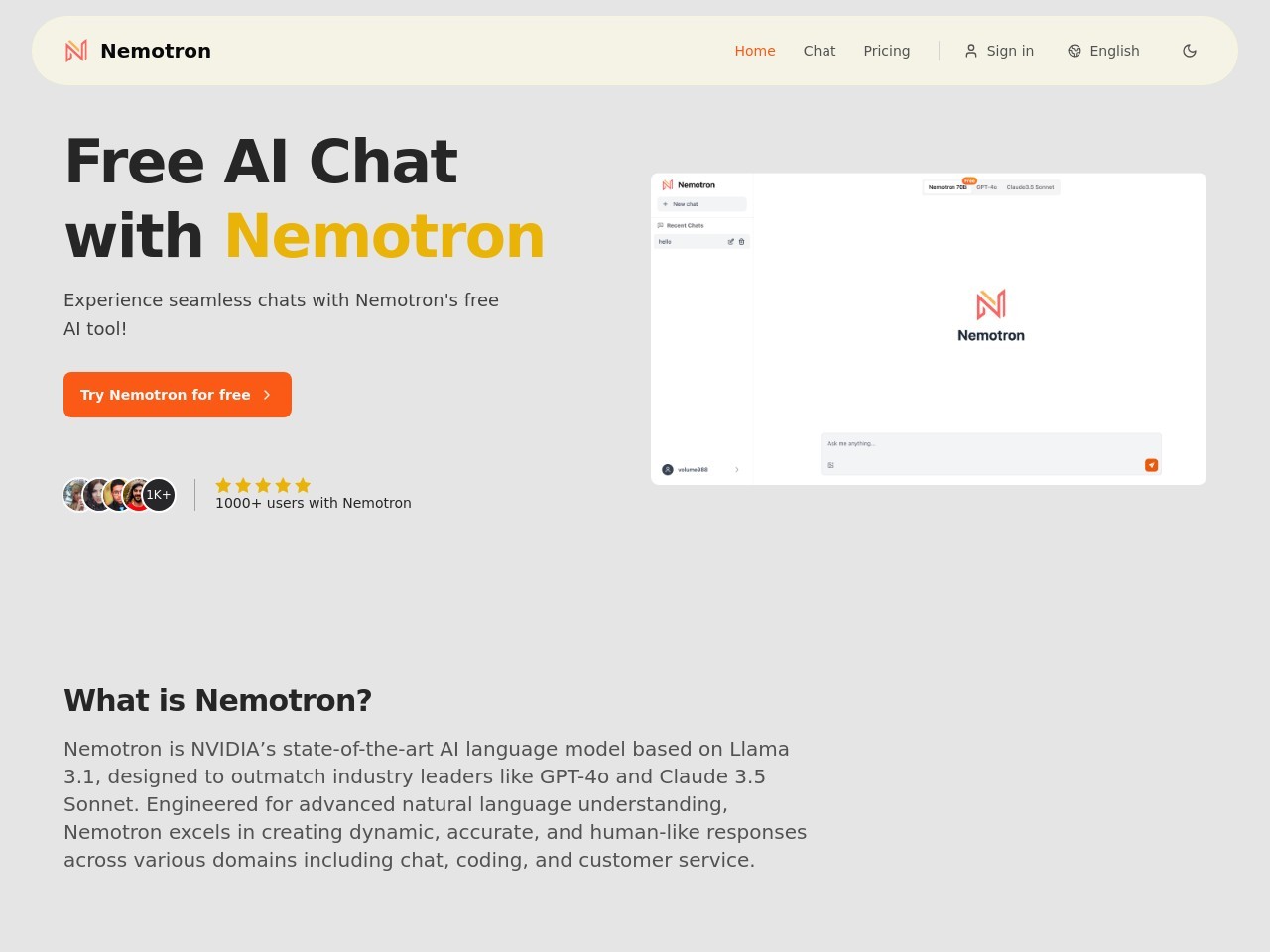After Alphabet, Google's parent company, reported third-quarter earnings that exceeded analyst expectations, CEO Sundar Pichai and other executives informed investors that the tech giant is capitalizing on the robust growth in artificial intelligence (AI) demand, leading to a stock price surge of over 5% in after-hours trading on Tuesday.
Pichai told investors that Google's investments in AI are "generating returns and achieving significant success." He highlighted that Google's search and cloud businesses are performing strongly, primarily driven by AI demand.
In the third quarter, Google Cloud's revenue saw a substantial year-over-year increase of 35%, reaching $11.4 billion. Growth in AI infrastructure, generative AI solutions, and other core cloud products were the main contributors to this revenue rise.
Pichai further added that he firmly believes Google may "hold a unique leading position" in the AI era, as the company focuses on developing this emerging technology. "For all these AI features, this is just the tip of the iceberg. You will witness a rapid pace of innovation and advancement," he emphasized.
Pichai also noted that the number of users utilizing Google's AI outline feature within Google Search has increased. Additionally, Visual Searches via Google Lens have reached 20 billion monthly instances.
Chief Business Officer Philipp Schindler stated that the company's new AI features "make search more convenient and useful, and we continue to receive positive feedback, especially from younger users."
AI developments are expected to "translate into revenue in the short term."
Anat Ashkenazi, who took over as CFO in July this year, hinted that the company's progress in AI is expected to "translate into revenue in the short term."
In this quarter, Alphabet invested $13 billion in capital expenditures. Ashkenazi mentioned that investors can expect similar figures in the fourth quarter. Moreover, by 2025, as the company increases its investment in AI, capital expenditures will rise further.
"This is a field that requires investment," Ashkenazi stated, adding that the company's initiatives are "based on the demand we've learned from customers."








